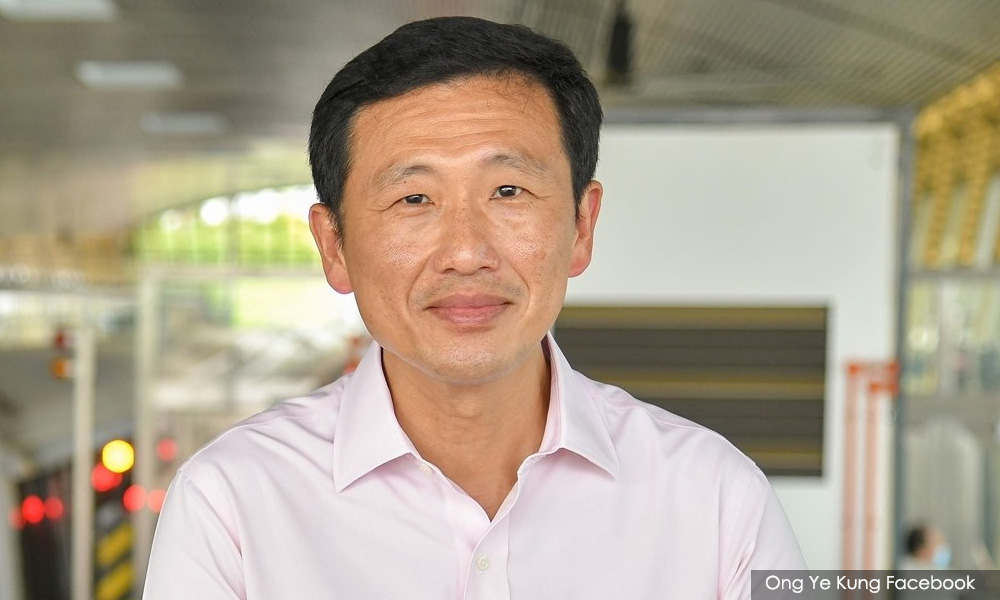Minister in the Prime Minister's Department Mustapa Mohamed said the original model of the Kuala Lumpur-Singapore High Speed Rail (HSR) model, which would have required tenders to be jointly conducted with Singapore, was too costly.
Furthermore, Mustapa said, the new model proposed by Malaysia will give Putrajaya the freedom to appoint local contractors and consultants.
He said this in response to Singapore's Transport Minister Ong Ye Kung, who said the main reason why both countries could not reach an agreement on the HSR project was because Malaysia wanted to do away with the jointly-tendered asset company (AssetsCo).
"In Malaysia's view, the method agreed in 2016 would increase the cost. That is why we decided to review the AssetsCo model in order to reduce cost," Mustapa said in an interview on Astro Awani.
He said this was particularly needed as Malaysia's financial position had been impacted by the Covid-19 pandemic.
Mustapa estimated that doing away with the AssetsCo model would save Malaysia 30 percent in cost.
"We will also have the freedom to appoint, for example, local contractors and consultants," he said.

Under the AssetsCo model, Malaysia and Singapore must jointly call for an international tender to appoint a suitable company to take the role of AssetsCo.
The AssetsCo will be responsible for the design, construction, financing, maintenance of all rail assets for the HSR project, with joint oversight by Malaysia and Singapore.
Without AssetsCo, Malaysia and Singapore would likely tender the components of the HSR in their own borders, with the other party having little say in their counterpart's tender process.
However, Mustapa said Malaysia and Singapore could not reconcile over the proposed changes, culminating in the termination of the 350km rail project which would have shortened travel time between Kuala Lumpur and Jurong East in Singapore to 90 minutes.
Mustapa also stressed that Malaysia's decision to abandon the AssetsCo model was not to benefit any cronies as Malaysia was already committed to an open tender process.

The government is now exploring the possibility of a domestic HSR between Kuala Lumpur and Johor Bahru.
"Whatever form this project will take... it will be based on an open tender," he said.
In April 2018, Malaysia and Singapore had jointly called for a tender to appoint the AssetsCo and had attracted six bidders.
The project was delayed after a change in the Malaysian government in May that year, where the Pakatan Harapan government sought to reduce the cost and was given until the end of May 2020 to negotiate.
However, the Harapan government collapsed in late February 2020 and the new Perikatan Nasional government took over negotiations and was given until December 2020.
The bilateral agreement lapsed after no consensus was achieved by the deadline.
On Jan 1, the prime ministers of both countries announced that the bilateral agreement on the HSR would be terminated as they could not come to an agreement. - Mkini

No comments:
Post a Comment
Note: Only a member of this blog may post a comment.